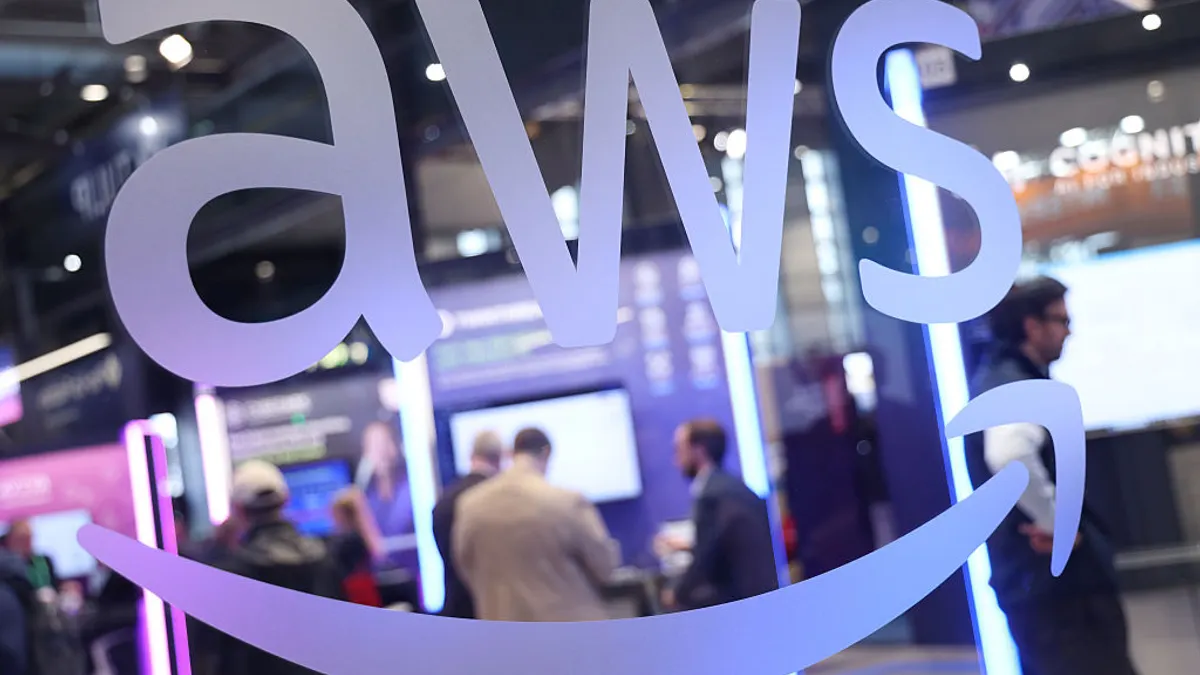Dive Brief:
- More than half of CTOs expect AI adoption will trim headcount in the next five years as key processes become automated, according to a survey published Monday by digital consulting company Akkodis. The firm surveyed 2,000 business leaders, including 500 CTOs, for the report.
- As technology teams endure change, 59% of CTOs say they plan to internally reassign employees affected by ongoing automation efforts.
- Despite plans for widespread adoption, CTO confidence in AI is slipping. Just 62% of business leaders surveyed say they are very confident in their company's AI deployment plans, down from 82% in 2024.
Dive Insight:
Businesses are working to infuse AI across operations in search of financial upside. While automation can free up time for more high-level projects, it might also translate to lower headcounts.
Some businesses are already flagging a smaller headcount as AI takes over certain tasks. Wells Fargo CFO Michael Santomassimo credited process automation, at least in part, with a reduction in staff size.
“You can see our headcount gradually coming down quarter after quarter after quarter,” Santomassimo said last month, speaking during the company's Q3 earnings call. “We still have more to do there as you start to continue to automate more processes. AI helps on some of that for sure.”
Across sectors, more than 17,000 layoffs were attributed directly to AI implementation efforts during the first nine months of the year, according to a Challenger, Gray & Christmas report. Most of those cuts came from the tech industry, where the major vendors have been restructuring units in response to AI.
But the maturity of enterprise AI implementation is still lagging behind the impetus to shrink the workforce, according to Martha Heller, CEO of Heller Search. Data, change management and other critical efforts for AI adoption are still a work in progress.
“Once we get to the point where we're better at doing that, then yes, I think we will see those CIOs saying 'I don't need these engineers anymore,' but I think we're way off it,” Heller said.















